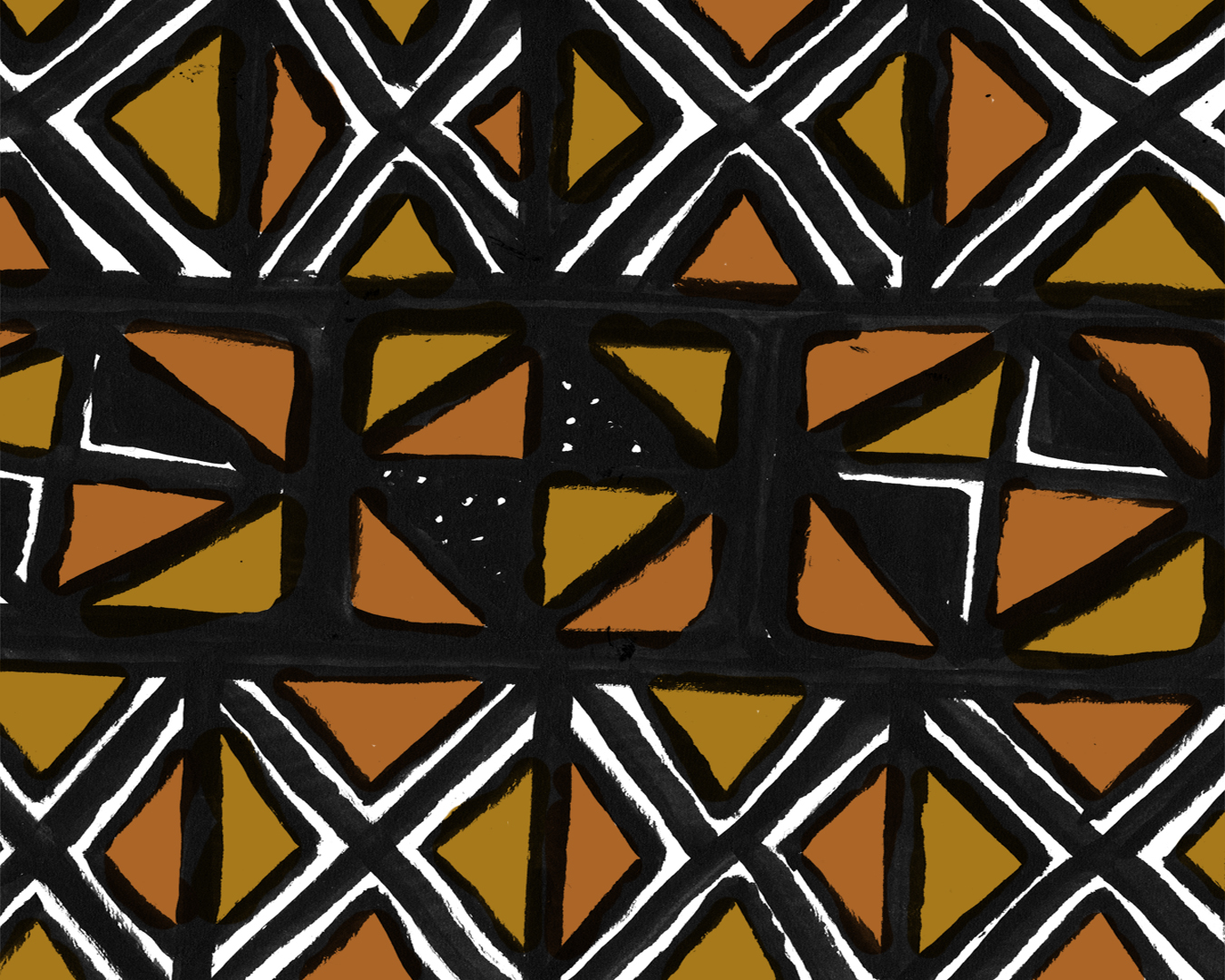If you cast a quick glance at your bookshelf and find that Roxane Gay doesn’t occupy a section of it, you should really visit the Women’s Studies section of your local bookstore.
Gay is a feminist literary force, and her many accomplishments only attest to her powerhouse status. Along with writing opinion pieces for The New York Times, Gay holds a doctorate degree in rhetoric and technical communication, works as an editor and is an English associative professor.
Gay is also the recipient of both the GLAAD Media Award for Outstanding Comic book for “World of Wakanda” and the prestigious Guggenheim Fellowship for Creative Arts, U.S. & Canada.
In her most recent publication, “Not That Bad: Dispatches from Rape Culture” Gay serves as the editor of an anthology filled with collected stories that banish the titular phrase, arguing that “not that bad” is not good enough in a world in which women continually experience harassment, abuse and discrimination due to their sex.
There are many, many wonderful works by Gay you should pick up and devour. That being said, there is one particular publication that should not and must not escape your radar, and that is Gay’s debut collection “Ayiti,” published in 2011 and newly designed in 2018. Though the collection feels slim at under 200 pages, it lacks neither depth nor emotional charge.
One of the most important aspects of “Ayiti” is that though it is not a new publication from Gay, it’s a solid introduction to the author’s style of writing and her sociopolitical stance.
This tiny collection holds a history that needs more than just one poem, one story or one novel to paint what it sets out to illustrate. Haiti’s culture, politics and history are explored through a variety of characters that all experience a range of emotions when dealing with diaspora, or the aftermath of a colonized island.
Gay twists stereotypes and clashes the beautiful with the scarred, giving you a Haiti that is far from perfect but also vastly different from its stereotype.
The Important of Point of View
How an author depicts a story primarily depends on who its narrator is. Additionally, this is one of the most important factors of how a story is critically received.
Gay’s opening stories are told by children, which can feel both light-hearted and easy to relate to. The beauty of having narrators as honest as children is that you, as the reader, can experience a somewhat unfiltered version of the story.
Like bitter Gérard in “Motherf——,” you most likely can relate to the feeling of being embarrassed in school or can remember a moment of being picked on because you’re different. Just like the children giggling at their father’s pronunciation in “About My Father’s Accent,” you can probably recall moments in which you perhaps felt a little embarrassed of something your parents have done or continue to do.
But, unlike those two stories and “Voodoo Child,” in which a young woman plays into the stereotype that she practices voodoo because she is Haitian, you have probably not had to defend yourself against vicious stereotypes and the “patronizing coverage” Haitians have received in the past two decades.
The first half of “Ayiti” is memorable because the writing does not work hard to make you understand how the story goes and what is is telling you. Gay benefits from an assertive tone, rather than burying meaning underneath too many metaphors that sound more pretty than substantial.
When an author writes about their experiences within their culture, it’s incredibly important to listen. Pick up their books and try to understand what their lives are like, rather than relying on sources that do not experience the situations they report on.
Who Has the Agency?
Throughout this dynamic collection, Gay engages readers with the themes diaspora, human nature and power.
In “The Harder They Come,” Gay asks readers to reconsider the popular idea of what is considered to be “other,” which is a commonly reoccurring theme in immigration literature. However, Gay wittingly twists the idea around by making American tourists— “The Americans”— appear to be the alien invaders instead of the other way around.
It’s still an “us versus them” scenario, but in Gay’s story there is nothing worse than stomping into a foreign land and treating it with contempt. If the story centered on Haitians on a visit to America, the storyline, if bound with tradition, would cast the Haitians as the “others” invading the space of good, hard-working Americans.
Another way in which Gay explores agency is how she portrays relationships between men and women, the commerce between husband and wife and that of native and tourist. “What You Need to Know About a Haitian Woman” drives home the influence of mothers and how, contrary to popular belief, “you need to worry about the mother” if you plan on breaking a Haitian woman’s heart.
Monkey Bicycle praised Gay’s strengths, writing, “[she] rests her stories between two worlds…where the beauty of poetic language is never fully swept away from the dirt and grit of honest and genuine moments.”
In “Sweet on the Tongue,” Gay proves just how well she can mix two words together. Success and sexual abuse mold a stubborn protagonist. Secrets are kept for mental stability and the stability of others.
Why Roxane Gay Is Aan Insta-Buy Author
In “Ayiti,” Gay ultimately sets out to create an image of Haitian culture that needs more than just one short story, a poem or a novel to be fully developed.
Gay complicates characters so that none of them feel as if they are type-casted, as she juxtaposes them one from the other just as their culture does.
So long as people have to defend themselves, their culture and fight for human rights, “Ayiti” will be relevant.
















